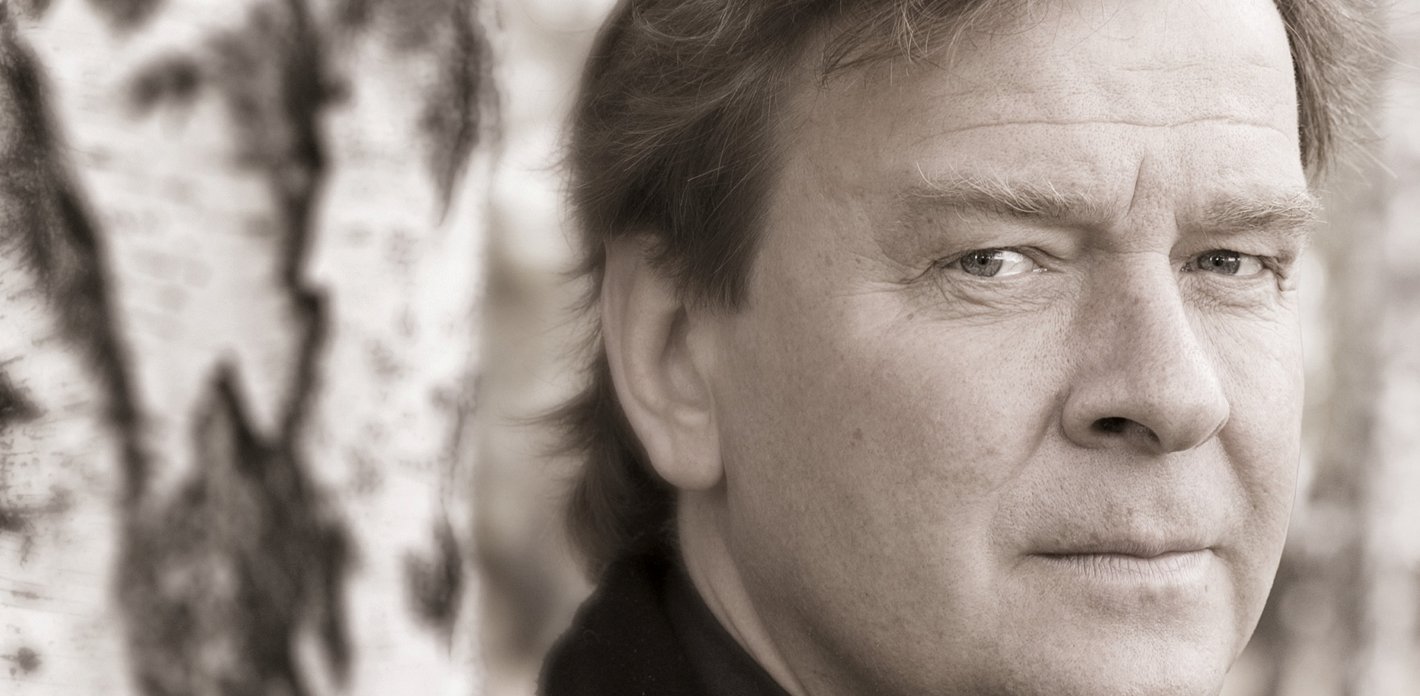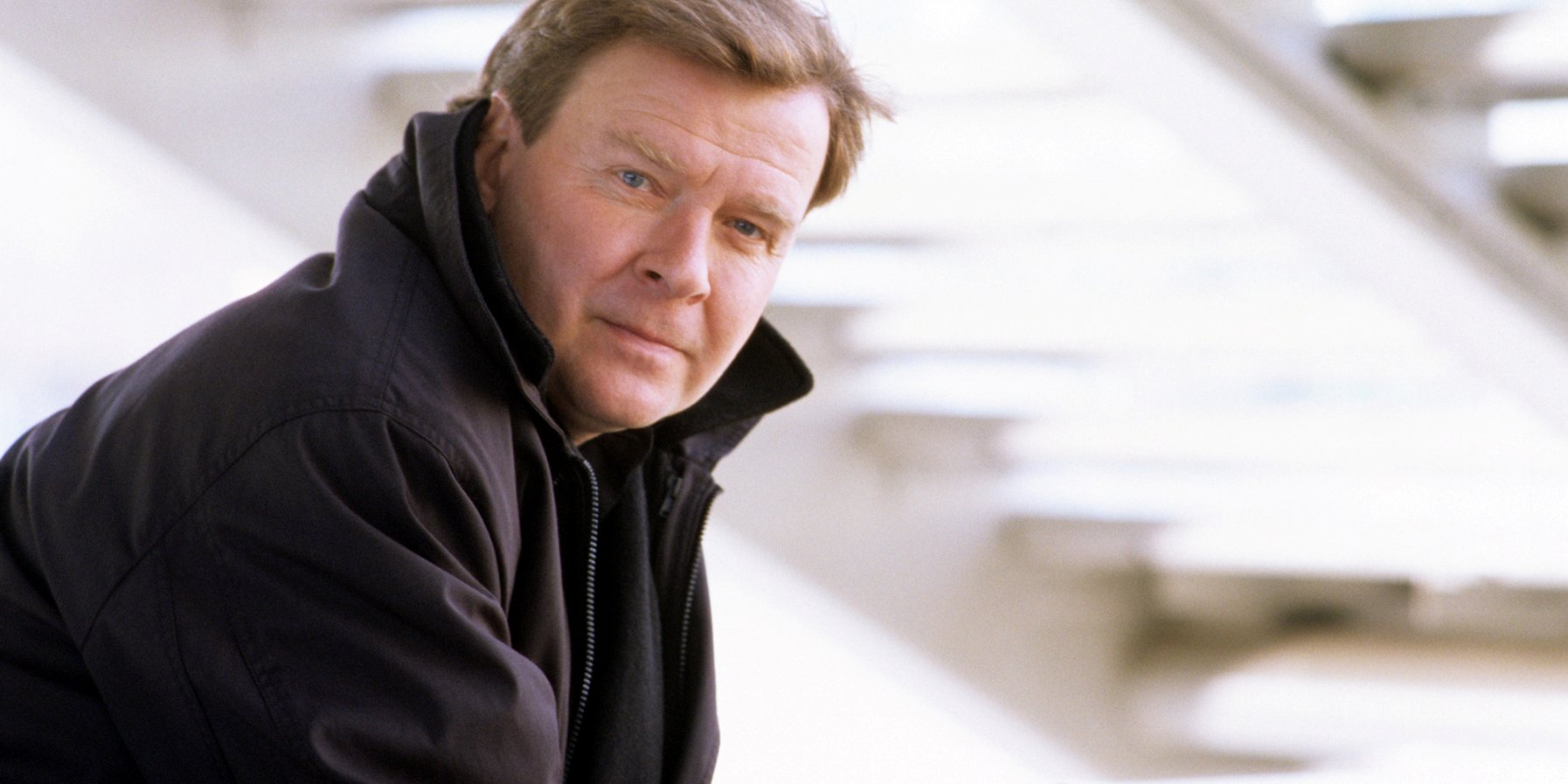Experience the sound of the present in the Grand Hall: the »Elbphilharmonie Visions« festival throws the spotlight exclusively on contemporary music. This promises both an exciting musical treat and a unique chance to engage directly with the composers, asking them about the works and composing itself. How do they approach the composing process? Do they envision an entire work before they start, or does it only emerge as they write? How does their environment influence their work? And what aspirations do they have for their music?
The festival’s composers share insights into their work in a series short interviews. This edition is with Magnus Lindberg, for whom »the greatest sin is to be boring«. At the festival, his concerto for viola and orchestra is on the programme.
What inspires you as a composer?
I am always looking for the grammar of music. The challenge is to find the inner logic and balance in a composition.
What role do non-musical factors play?
That’s very hard to say. Different periods in life, different moods and more experience almost certainly lead to changes in your aesthetics, but I’m not the right person to detect that. Sometimes a tight schedule might have made me write more spontaneously – who knows? But I need quiet surroundings and enough time to feel confident while I'm working.
Do you already have a strong vision of a work before you start writing it?
It depends on the scale of the piece. There's a huge difference between writing a five-minute solo and a 30-minute orchestral piece. The work really produces the »vision« as I go along. I might have a concept to start with, but then it might change completely when I spend time composing the score.
How would you describe the sound of our time?
At the moment the spectre is wider than in the last decades of the 20th century. The sound can be conceptual or brutally industrial, it can range from the very concrete to the abstract. Having been around for some time already, I can see that trends come back – a new generation needs to walk those landscapes.
What does contemporary music need to do to win the public's favour?
The greatest sin is to be boring! New music must be honest, if it´s provocative it has to be so for a reason. Music is a wonderful means of communication, and the composer must have an urge to communicate with other human beings – the audience. It´s not about trying to adapt to some »taste«, but about being sincere and open in what you do.
What would you want the audience to know before listening to your work performed at the festival?
My best hope is that they can enjoy the music without knowing anything beforehand! But, it's also never a bad idea to be informed.






